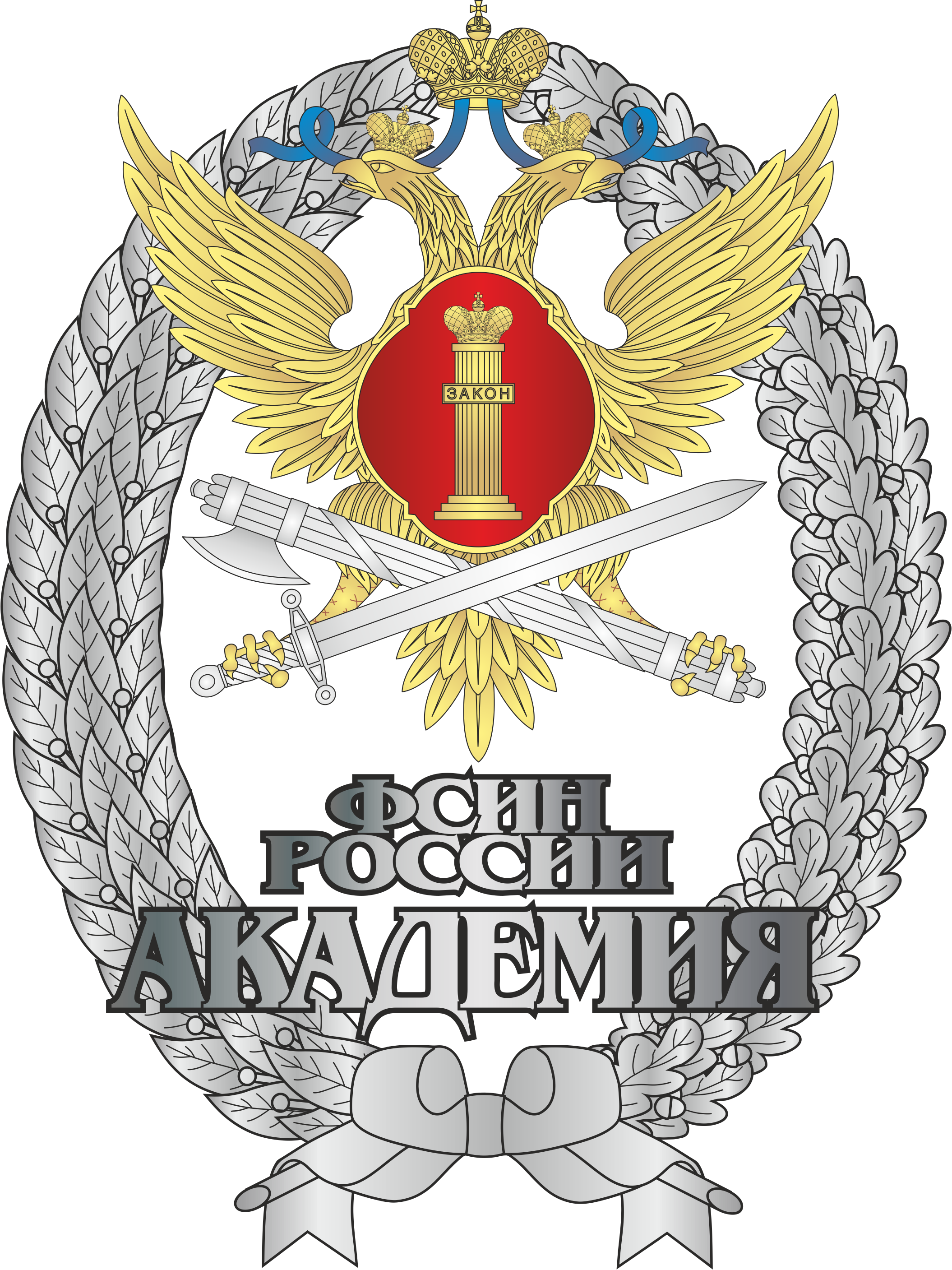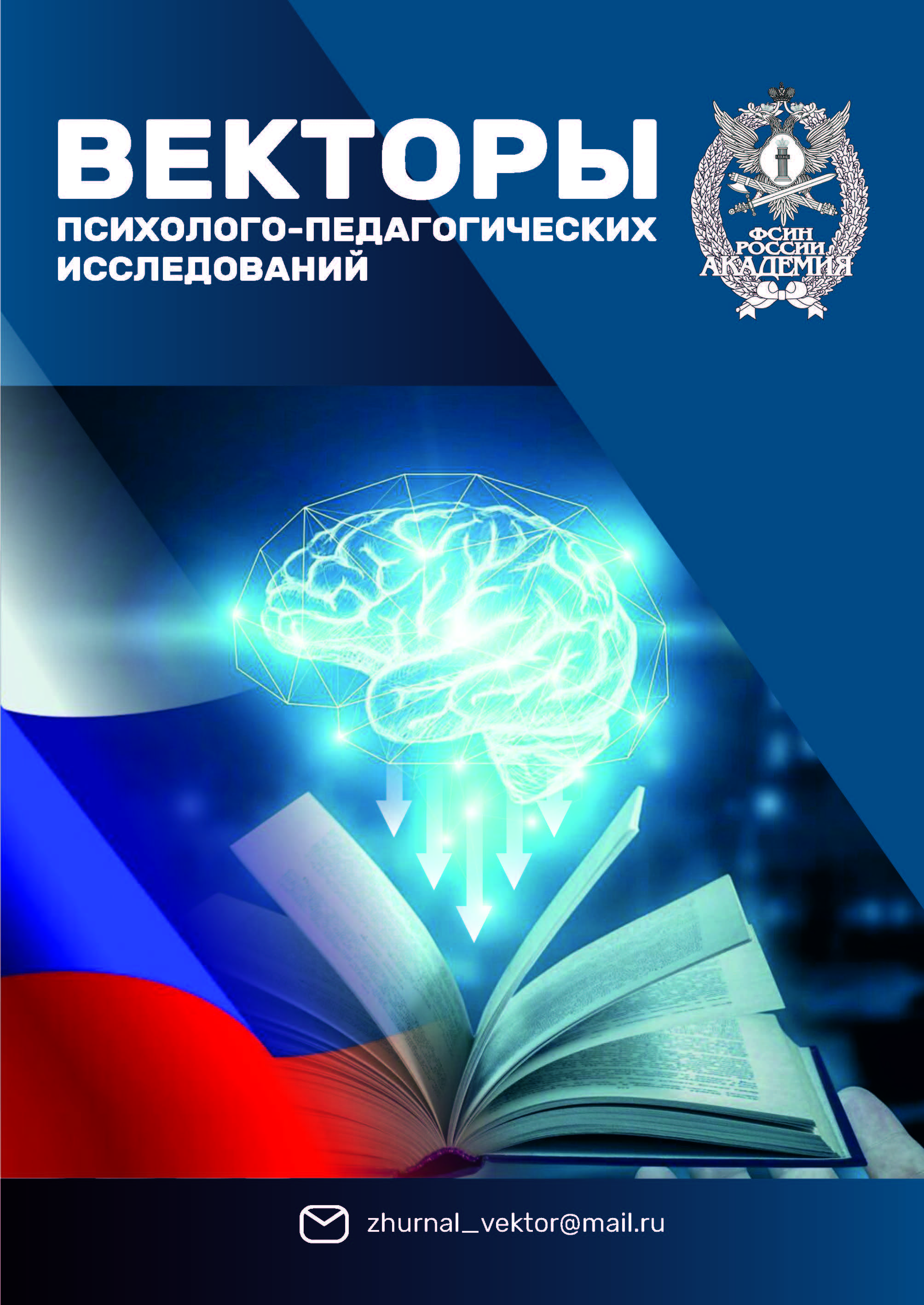Ryazan, Russian Federation
The authors consider cognitive errors – systematic errors in thinking that arise on the basis of dysfunctional beliefs embedded in cognitive circuits, and are easily detected when analyzing automatic thoughts. The study focuses on the special importance of the manifestation of cognitive errors among cadets of educational institutions of the Federal Penitentiary Service of Russia (hereinafter referred to as the FPS of Russia) in modern society. Using the "Error Questionnaire" by A. Freeman and R. Devulf, the authors consider the cognitive errors of exaggeration, reading other people's thoughts, taking everything personally, maximalism and perfectionism, excessive cognitive anxiety, duty and a sick conscience, negativism in 65 1st and 2nd year cadets of the faculty of psychology and probation of the Academy of of the FPS of Russia at the age of from 17 to 20 years old. The analysis of the results showed that the vast majority of respondents have an average degree of severity of cognitive errors in communication and behavior, which indicates the need to train cadets in the ability to analyze information, recognize and correct cognitive errors in order for them to successfully perform their professional duties.
cognitive distortions (cognitive errors), cadets, educational organization of the FPS of Russia, reading other people's thoughts, exaggeration, taking everything personally, negativism, obligation, maximalism, anxiety
1. Artemtseva, N. G., Malkina, S. A. 2022, ‘Cognitive errors of codependents as a way to protect against uncertainty’, Bulletin of the Samara State Technical University. The series "Psychological and pedagogical sciences", vol. 19, iss. 1, pp. 153–166.
2. Bobrov, A. E., Fayzrakhmanova, E. V. 2017, ‘Questionnaire of cognitive errors as a tool for evaluating components of pathological anxiety’, Neurology Psychiatry, iss. 8 (137), pp. 59–65.
3. Bobrova, L. A. 2021, ‘Cognitive distortions. (Review)’, Domestic and foreign literature. Series 3: Philosophy, iss. 2. pp. 69–79.
4. Zinin, S. I., Kurysheva, I. V. 2010, Dialogic communication as a way of spiritual transformation of personality, Nizhny Novgorod branch of the Non-Governmental Educational Autonomous Non-profit Organization of Higher Professional Education "Institute of Business and Politics", Nizhny Novgorod.
5. Freeman, A., Devulf, R. 2000, ‘10 stupidest mistakes that people make’, Piter, St. Petersburg.









